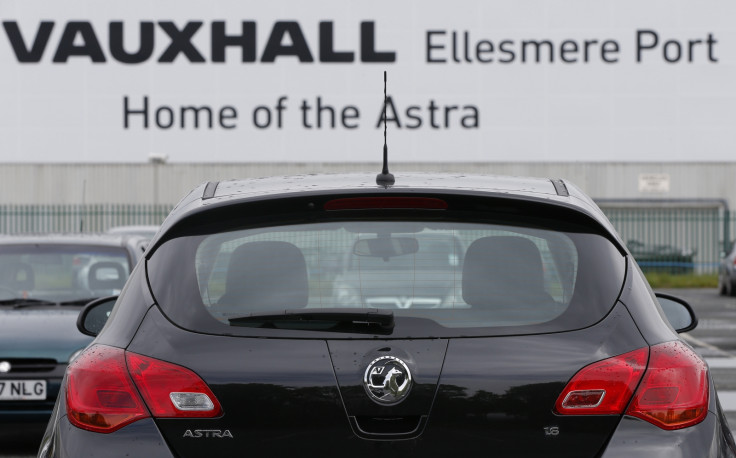Car trade body urges quicker progress in Brexit transition talks
SMMT president Tony Walker says lack of progress over Brexit is already having an impact on the automotive sector.

The UK car industry's trade body has called for "concrete progress" in talks to secure a transition period following Brexit, warning that failure to reach an agreement could reverse the gains made by the automotive industry over the past 25 years.
Society of Motor Manufacturers and Traders (SMMT) president Tony Walker said any transition deal agreed "should be on the current terms and, crucially, not time-limited" to give the car industry time to adjust and secure long-term investment decisions.
"We ask government to help provide the conditions in which we can compete," he said in a speech to more than 1,100 industry leaders. "Like every other industry, we need certainty now."
Business leaders have long pressed the government to put in place a transition period after Britain leaves the European Union in March 2019 in order to avoid a "cliff edge" for businesses.
Walker said the lack of progress over Brexit was already affecting the automotive sector. "We have huge challenges. Consumer confidence has fallen leading to a downturn in sales," he stated.
"Uncertainty about Brexit — and market confusion over diesel — are taking their toll."
The SMMT has estimated that at least £4.5bn ($6bn) would be added to the car industry's annual overheads from trade tariffs alone if no Brexit transition deal is agreed upon.
EU members can trade among themselves without customs duties or tariffs but they cannot negotiate their own trade deals with countries outside the bloc. However, the UK hopes to negotiate new trade deals during the transition.
Brussels has maintained that it will not discuss its future trading relationship with the UK unless the two sides come to agreements on other issues such as the Brexit divorce bill and the future status of the Northern Ireland border.
Walker added: "After all the difficulties we have overcome, all the changes we have made and the innovations we have brought, we do not need trade barriers to be our next challenge."






















